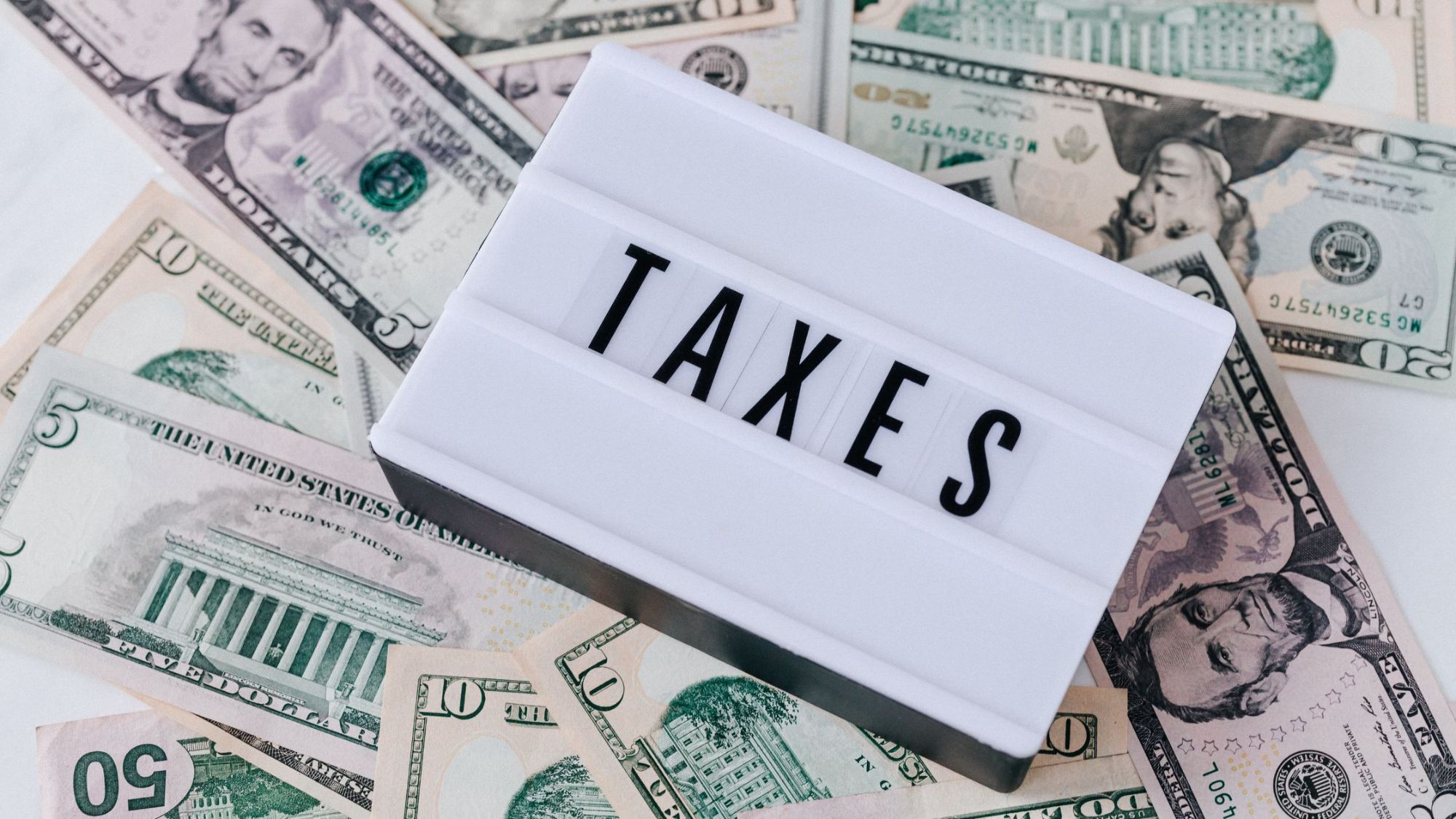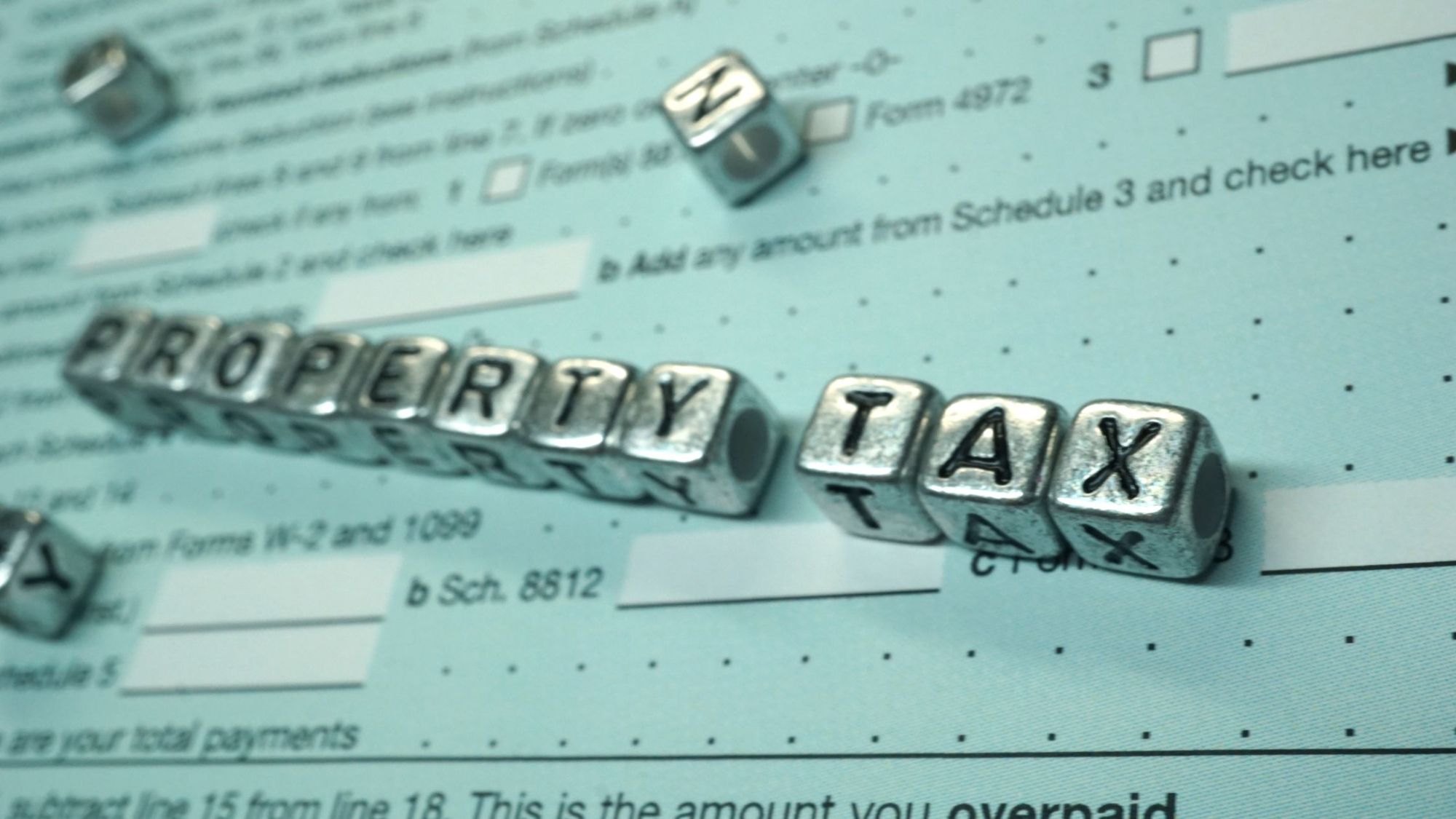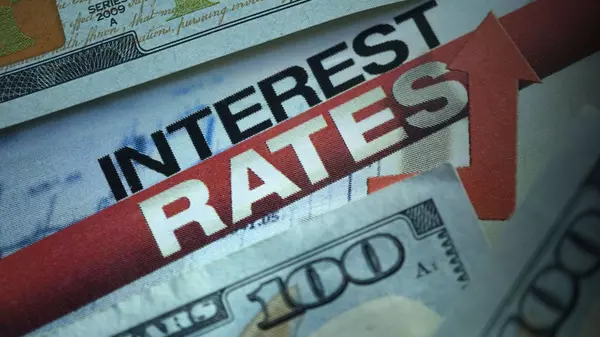Unveiling Washington State Taxes: A Comprehensive Guide
Washington State Taxes Explained: A Comprehensive Guide
Welcome to the Evergreen State, where natural beauty meets an intriguing tax landscape. Washington is well-known for its lack of a personal or corporate income tax, but that doesn't mean tax considerations are simple. From sales tax to property tax, capital gains to business excise tax, Washington’s unique system has a lot to unpack. This guide will explore Washington's tax framework and provide clarity on the key components, including recent updates to tax laws and potential changes on the horizon.
Washington's Unique Tax System
Washington's tax structure stands out for one key reason: no personal income tax. Unlike many states, Washington doesn’t impose income taxes on wages or business profits, making it particularly appealing for high-income earners, investors, and businesses. However, this lack of income tax is offset by reliance on other forms of taxation, including sales tax, property tax, and business taxes.

Sales Tax in Washington
Washington is heavily dependent on sales and use taxes for its revenue. The base sales tax rate is 6.5%, but local jurisdictions can add additional taxes, making the total rate as high as 10.4% in certain areas. In Vancouver, for example, the combined rate is 8.7%. While most goods and services are taxed, some essential items, such as groceries and prescription medications, are exempt.
The state's sales tax is particularly important for residents to understand, as it applies to a wide range of purchases, including items like furniture, clothing, and electronics. Knowing the sales tax rate in your area can help with budgeting, especially for larger purchases.
Business and Occupation (B&O) Tax
Washington does not impose a corporate income tax, but instead uses a Business and Occupation (B&O) tax, which is levied on the gross receipts of businesses operating in the state. The B&O tax is calculated on the total revenue a business generates, and the rate depends on the type of business activity. Retail, wholesale, and service businesses each have different rates. For small businesses, the tax can be substantial, but there are exemptions and credits available depending on your business type.
Property Tax in Washington
Washington’s property taxes are based on the assessed value of real and personal property. The state constitution caps regular property tax levies at 1% of the assessed value annually. However, voters in certain areas may approve additional levies for specific purposes like school funding or public safety.
In Clark County, where Vancouver is located, property tax rates are determined by the assessed value of the property and the district’s needs. These taxes help fund essential local services, including schools, parks, and emergency services.

Capital Gains Tax
In 2021, Washington passed a capital gains tax targeting high earners. This tax is a 7% levy on the sale of long-term capital assets, such as stocks and bonds, exceeding $250,000 annually. Real estate transactions and sales from retirement accounts are exempt from this tax. Although the capital gains tax has been controversial and faced legal challenges, it was upheld by the state Supreme Court, marking a significant shift in Washington’s tax policy.
Proposed Wealth Tax
In early 2025, Governor Jay Inslee proposed a tax on wealth exceeding $100 million. This proposal is still under legislative review, but it represents an effort to address income inequality and generate additional revenue for social programs. If passed, it could fundamentally alter Washington’s tax landscape by introducing a wealth tax in a state traditionally known for its no-income-tax stance.
Gasoline Tax and Excise Taxes
Washington has one of the highest gasoline taxes in the nation. This tax plays an essential role in funding the state’s infrastructure, including road repairs, bridges, and public transportation systems. Although it increases the cost of driving, the revenue from the gasoline tax helps ensure that transportation projects continue to improve the state’s roads and highways.
Real Estate Excise Tax (REET)
When buying or selling property in Washington, Real Estate Excise Tax (REET) applies. The tax rate is graduated, meaning it increases based on the value of the property being sold. The REET rate starts at 1.1% for properties selling for up to $525,000, and it increases as the sale price rises. In Clark County, there is an additional local REET of 0.5%. This tax is important for homeowners, buyers, and sellers to consider when engaging in real estate transactions.
Washington’s Tax Exemptions and Relief Programs
Though Washington's tax system is complex, there are exemptions and relief programs designed to help residents. For instance, seniors and disabled persons with limited income may qualify for property tax exemptions or reductions. Additionally, landowners who preserve farmland or timberland may benefit from tax incentives under the Open Space Taxation Act.
Sales Tax Exemptions
-
Groceries
-
Prescription medications
-
Medical equipment
Property Tax Relief Programs
-
Senior and Disabled Persons Property Tax Exemption for low-income individuals.
-
Open Space Taxation Act for landowners preserving agricultural or recreational land.
Key Deadlines and Tax Extensions
For those filing taxes in Washington, it’s important to be aware of critical deadlines. Although Washington does not require personal income tax filings, businesses must comply with various tax deadlines, including Business and Occupation (B&O) tax filings. Some of the key deadlines are:
-
April 30, 2025: Business and Occupation (B&O) tax quarterly filing for most businesses.
-
October 15, 2025: Extended federal tax return filing deadline.
For those in need of extra time, businesses may apply for tax extensions with the Washington Department of Revenue for B&O filings.
FAQs on Washington State Taxes
1. Does Washington have a personal income tax?
No, Washington does not impose a personal income tax, making it unique compared to most states.
2. What is the sales tax rate in Washington?
The base state sales tax rate is 6.5%, but local jurisdictions can add their own taxes, raising the total rate to as high as 10.4% in some areas.
3. Does Washington have a wealth tax?
Currently, Washington does not have a wealth tax, but a proposal is under review that could tax individuals with a net worth over $100 million.
4. Are there tax breaks for small businesses in Washington?
Yes, Washington offers B&O tax credits for small businesses that earn under certain thresholds, along with industry-specific exemptions.
5. What taxes do I pay when buying or selling property in Washington?
When you sell property in Washington, the Real Estate Excise Tax (REET) applies, which is based on the property’s sale price. The rate varies depending on the value of the property.
Final thoughts on Washington State Taxes
Understanding Washington’s tax system is essential for anyone considering a move to the Evergreen State. With the no income tax advantage, stable property taxes, and taxes on alcohol and gasoline contributing to essential public services, Washington offers a tax-friendly environment for residents. Whether you're looking to buy real estate in Vancouver WA, relocating to Clark County, or exploring tax advantages for your business, Washington provides an appealing option for many.
Sign up for my monthly newsletter to receive expert advice, important local updates, and insider knowledge on the best ways to thrive in this unique region. Whether you're buying, selling, or simply curious about life in the Pacific Northwest, I've got you covered.
👉 Join my newsletter today and never miss a beat! Just enter your email below and get exclusive access to all things Southwest Washington. Let’s stay connected!
Additional Information
What taxes do you pay in Washington state?
In Washington, residents pay sales tax, property tax, business and occupation (B&O) tax for businesses, and various local taxes. There is no state income tax.
Is Washington a tax-friendly state?
Yes, in some ways. Washington is considered tax-friendly for high-income earners and retirees due to the lack of state income tax. However, it has one of the highest sales tax rates in the U.S., which can be burdensome for lower-income households.
How much is $100,000 after taxes in Washington state?
Since Washington has no state income tax, your primary deductions would be federal income tax, Social Security, and Medicare. On average, someone earning $100,000 could take home around $75,000–$80,000 after federal deductions.
Why does WA have no state income tax?
Washington has historically chosen to fund its government through sales and excise taxes rather than income tax. Multiple attempts to enact an income tax have been rejected by voters or challenged in court.
What taxes do you not pay in Washington?
Residents do not pay personal state income tax or capital gains tax (except for a narrow capital gains tax introduced in 2022 for high earners). There’s also no tax on retirement income like Social Security or pensions.
What are the tax advantages of living in Washington state?
Key tax advantages include:
-
No personal income tax
-
No tax on retirement income
-
No local income taxes
This setup is often beneficial for retirees, remote workers, and business owners.
What are the three types of taxes in Washington state?
The main tax categories are:
-
Sales and use tax
-
Property tax
-
Business & Occupation (B&O) tax
What is the cost of living in Washington state?
Washington's cost of living is above the national average, especially in cities like Seattle and Bellevue. However, areas like Vancouver and Spokane offer a lower cost of living with the benefit of no state income tax.
Do you pay property taxes in Washington state?
Yes. Property taxes in Washington are collected at the county level and are based on assessed property value. Rates vary by location, with Clark County and King County among the highest.
What taxes come out of my paycheck in Washington state?
Washington doesn’t deduct state income tax from paychecks. Typical deductions include:
-
Federal income tax
-
Social Security tax (6.2%)
-
Medicare tax (1.45%)
Employers may also withhold federal unemployment taxes and any benefits deductions.
Categories
Recent Posts










GET MORE INFORMATION

Cassandra Marks
Realtor, Licensed in OR & WA | License ID: 201225764
Realtor, Licensed in OR & WA License ID: 201225764
